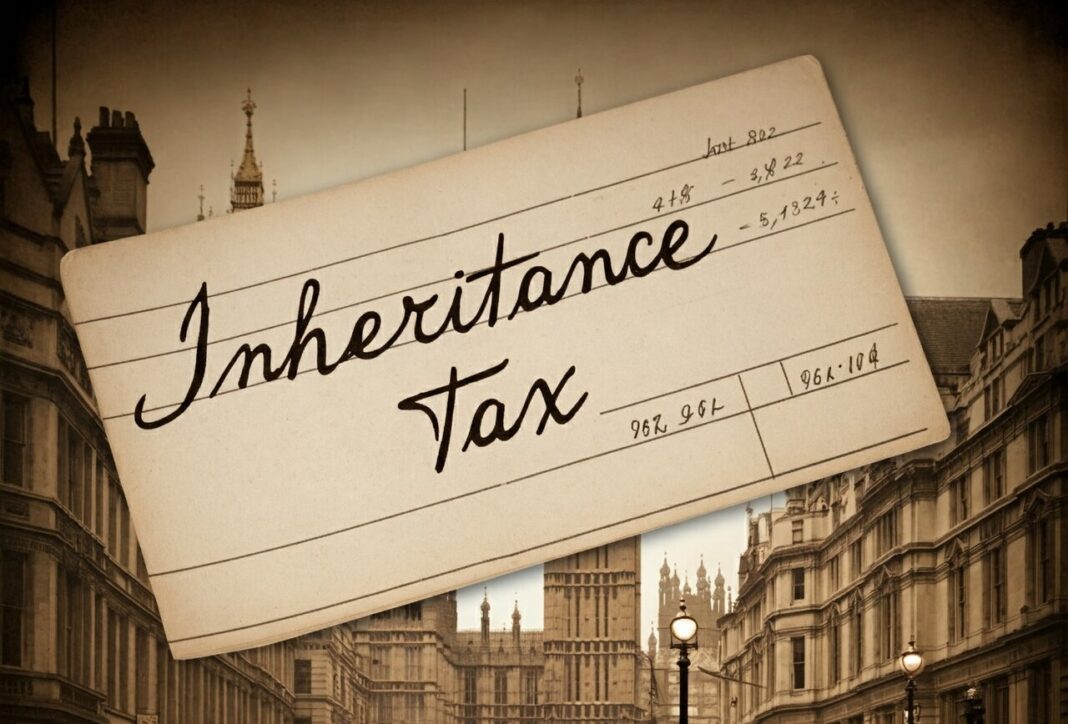Private wealth lawyers Broadfield has called for the Government to pivot and step back from squeezing inheritance tax (IHT) further and instead offer reforms that encourage and reward growth.
Broadfield, with offices in Reading, Southampton, Cambridge, and London, acts for businesses and entrepreneurial individuals and has called on the Government to reduce the seven-year rule to just four years.
It also wants to the £325,000 threshold increased and planned changes to inheritance tax that will unfairly impact family-owned businesses rolled back.
Sheilagh Magee, Partner in Broadfield’s Reading office, says: “There are rumours and concerns that the Government, in looking to balance the books, will once again turn to inheritance tax (IHT) and extend the seven-year rule to 10 years. That would be a mistake and would disproportionately affect older people.”
UNREFORMED FOR DECADES

And she adds: “Given that IHT has been left unreformed for decades, the Government should respond by making the seven-year rule more generous, reducing it to just four years. This would help those who are old or unwell pass on wealth without fear of an IHT penalty.
“Currently, any gift over the £325,000 IHT threshold made more than seven years before death is exempt from IHT. A tapered IHT relief is applied to gifts where an individual dies between three and seven years after making the gift.
“Adopting a four-year rule and scrapping the tapered relief could simplify the IHT regime considerably while maintaining an attractive exemption.
“At the same time, the £325,000 threshold, fixed for over 15 years, needs to be raised.
“Property remains the most valuable asset most people own, and over the past 15 years, property values have increased by more than 40%. As a result, more people are being drawn into the IHT net. The Government should raise the threshold to better reflect the realities most homeowners now face.”
IHT AND FAMILY BUSINESSES
Magee goes on to say: “The Autumn Budget has pitched farmers against the UK government following changes to IHT. However, these changes will also hit family-owned businesses hard due to revisions in business property relief (BPR).
“BPR, like agricultural property relief (APR), has historically exempted family-owned businesses from IHT, allowing businesses to pass easily from one generation to the next. However, the 2024 Budget changed this, making all family-owned businesses with a turnover of more than £1 million subject to IHT.
“This will likely mean that many family-owned businesses will need to be broken up to meet IHT obligations. Such an outcome is completely at odds with the Government’s pro-growth agenda.”
“At the very least, this change should be delayed until its impact is fully understood—or better yet, scrapped entirely.
“The Government needs to use the tax landscape to incentivise and encourage growth while raising revenue. While individuals and businesses appreciate the challenges the Government faces, there is a strong belief that the pendulum has swung too far in the wrong direction.”









